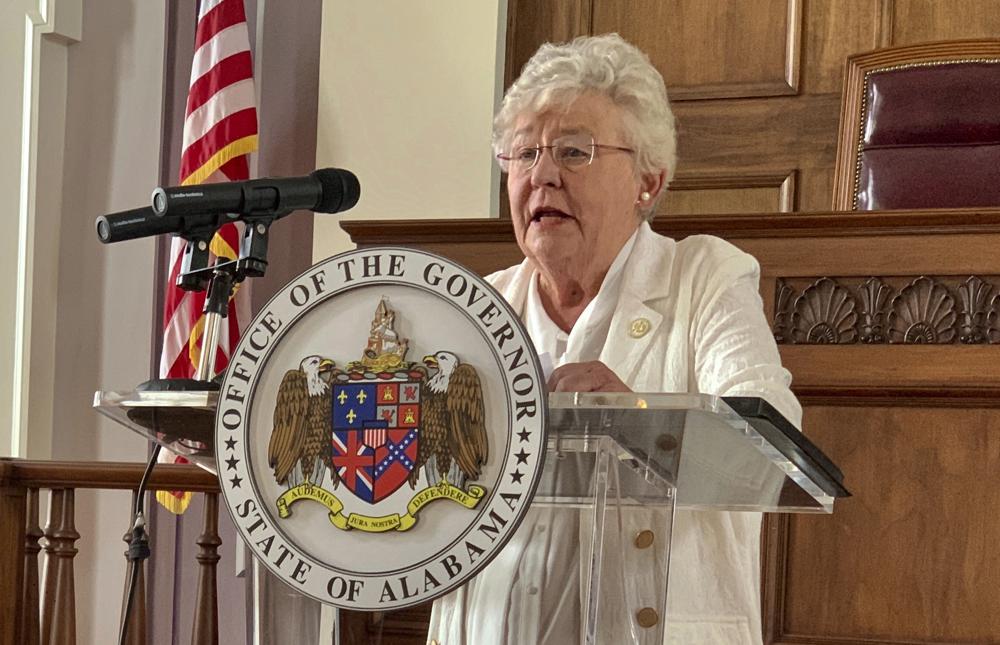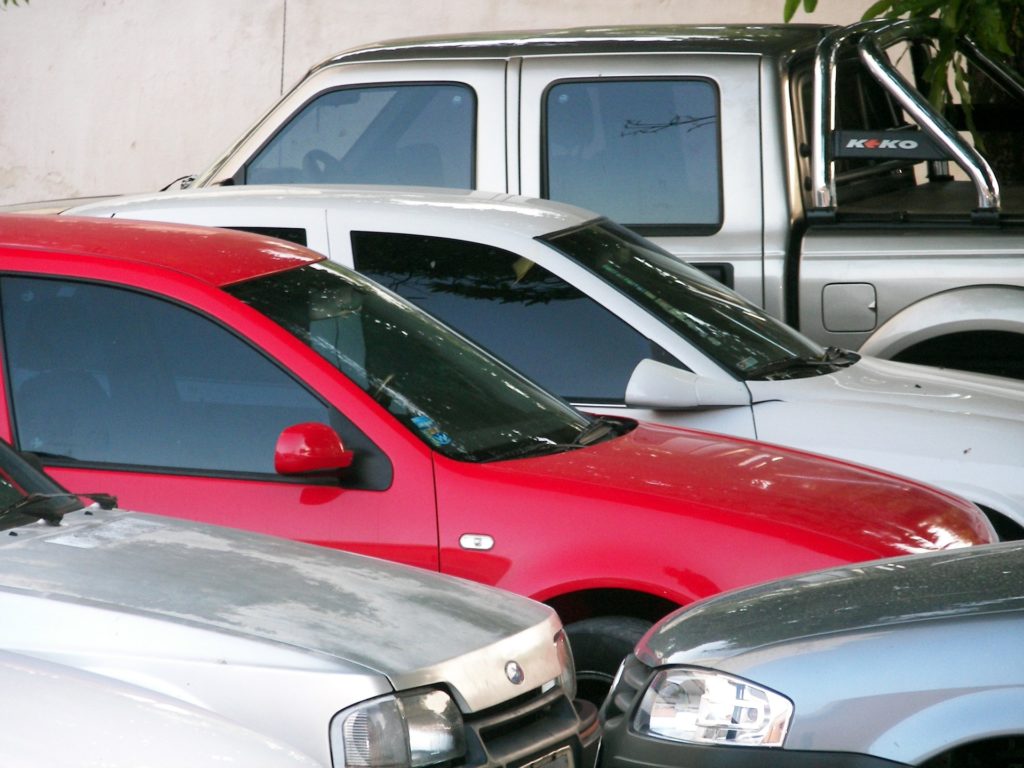Alabama lawmakers weigh using virus funds to build prisons

Alabama is weighing the use of $400 million in pandemic relief funds to build new prisons, a proposal that state Republican leaders say would save state taxpayer money but that critics argue is not the intended use of the federal aid. Lawmakers on Monday are scheduled to begin a special session focused on a $1.3 billion prison construction plan to build at least three new prisons and renovate others. The projects would be done in phases and funded with a $785 million bond issue, $150 million in general fund dollars, and $400 million from the state’s $2.2 billion share of American Rescue Plan funds. Gov. Kay Ivey and Republican legislative leaders have defended the use of the virus funds, saying it will enable the state to essentially “pay cash” for part of the construction and avoid using state dollars as well as paying interest on a loan. “We don’t have to borrow quite as much money and pay all that money back,” Ivey told reporters this week of why the virus funds should be used for prison construction. Republican Sen. Greg Albritton, who chairs the Senate general fund budget committee, said legislative leaders are comfortable they can legally use the money for prison construction. Albritton said part of the federal dollars are to replace revenue lost during the pandemic. He said that pot of funds “has many, many fewer restrictions” on how it is used. Dev Wakeley, a policy analyst with Alabama Arise, said while the state may be legally able to use the money for prison construction, the purpose was to do things that “will help everyday Alabamians in their lives, and to smooth out the recovery.” Alabama Arise is an advocacy organization for low-income families. He said the money could be used for items such as an expansion of the state’s Medicaid program to provide medical coverage to previously uninsured Alabamians and child care programs. “Congress surely did not contemplate, state governments, deciding that well, you know, we’re just not going to use this money to actually improve lives of people … instead we’re going to blow $400 million on building fancy new prisons that don’t even really get at the problems” of the state incarceration system. Rep. Chris England, D-Tuscaloosa, said there are “obviously better uses of the money.” President Joe Biden’s sweeping $1.9 trillion COVID-19 rescue package known as the American Rescue Plan was signed in March, providing a stream of funds to states and cities to recover from the pandemic. The program gives broad discretion to states and cities on how to use the money. The U.S. Department of Treasury has said the funds can be used to support COVID-19 response, support economic stabilization for households and businesses, address systemic public health and economic challenges, and to replace lost revenue to “strengthen support for vital public services and help retain jobs.” A spokesman said the U.S. Department of Treasury does not preapprove any specific uses of the funds and has not issued a final rule on usage. Treasury officials say the department is monitoring all proposed expenditures and expects any state or local government that uses state and local funds in violation of the eligible uses to repay the misused funds to the federal government. The Alabama prison construction proposal calls for at least three new prisons — at least a 4,000-bed prison in Elmore County with enhanced space for medical and mental health care needs; another at least 4,000-bed prison in Escambia County; and a women’s prison — as well as renovations to existing facilities. Republished with the permission of the Associated Press.
New law could help thousands qualify for Alabama hardship driver’s license

The Alabama Law Enforcement Agency has begun accepting applications to restore limited driving privileges to thousands who lost their licenses due to issues not related to safety thanks to a new law that just went into effect. Senate Bill 55, which passed during the 2018 session was sponsored by Senator Clyde Chambless and signed into law by Governor Kay Ivey, and will allow applicants will be able to apply for a “hardship license.” According to a Fact Sheet in support of the bill created by Alabama ARISE, “This bill would allow people who need to take their children to school, go to the doctor, or help family members see a doctor to do so without breaking the law. SB 55 is a reasonable, common-sense response to a problem that hurts thousands of Alabamians every year.” “We’re certain this could help tens of thousands of people,” Dev Wakeley, a policy analyst for ARISE told the Montgomery Advertiser, “This is a huge step that will help so many people.” According to the application, which is available on the ALEA website, the following information is required for consideration: List of anticipated places applicant will travel (work, home, church, etc.) and address of each Documentation for all anticipated routes applicant will travel (using Google Maps, MapQuest, etc.) List of anticipated times of travel (in relation to work shifts, religious ceremony times, etc.) List and description of all specific vehicles applicant may use (including the Owner, if not Applicant, Make, Model, Tag No.); PROOF OF MANDATORY LIABILITY INSURANCE SHALL BE PROVIDED FOR EACH VEHICLE Supporters said that the law was needed because suspensions disproportionately burdened the poor. Callie Greer, a community activist in Selma, told the Advertiser, “You could never pay your way out of the situation. It was a no-win situation. It’s like they’re throwing dirt on you while you’re trying to climb out of this hole.” Previously, hardship licenses were only available to people on work release or with administrative supervision, according to a report by WSFA.


